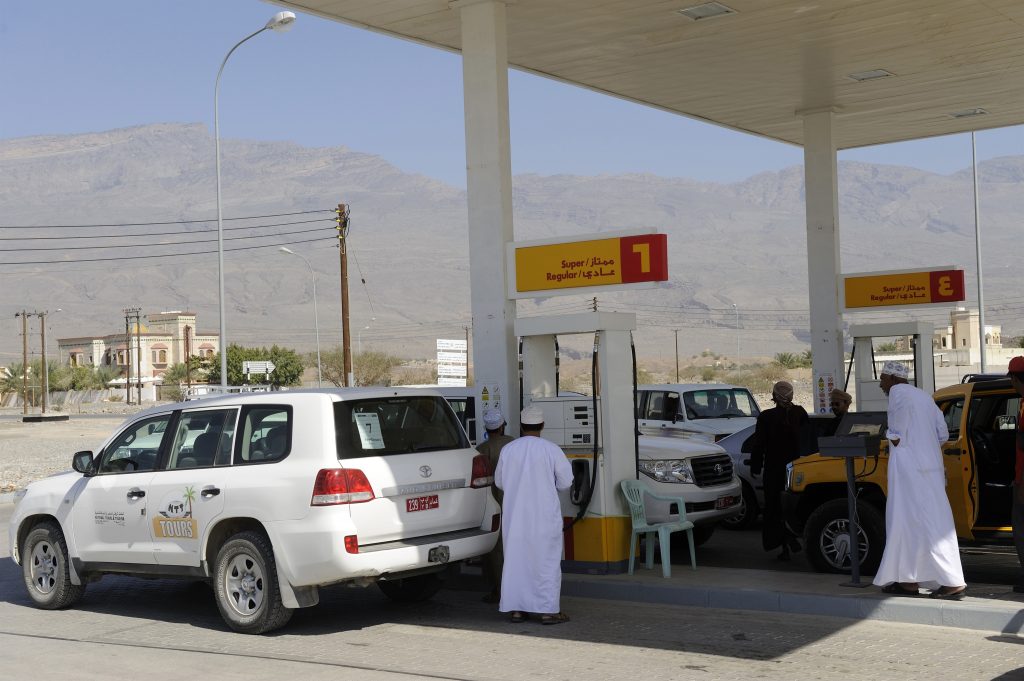São Paulo – The recovery of the oil prices helped to improve the revenue yield and the confidence in the economy of Oman, an Arab nation in the Gulf, according to a report published this Thursday (11) by the International Monetary Fund (IMF) based on a visit made to the country by a team of the fund from late March to early April. Oman’s GDP is closely linked to the oil and gas industry.
The country is carrying out an economic reform to strengthen its fiscal position, enhance private sector-led growth and job creation, and encourage economic diversification. IMF says that the economic activity in Oman is gradually recovering. After reaching a low of 0.5% in 2017, real non-hydrocarbon GDP growth is estimated to have increased to 1.5% last year. “Reflecting higher confidence driven by a rebound in oil prices and higher government spending,” said Stéfaphe Roudet, who led the mission to Muscat.
Overall real GDP grew by 2.2% last year driven by oil and gas production increases. IMF projects non-hydrocarbon growth to increase gradually in Oman, reaching about 4%, assuming efforts to diversify the economy continue. Brent oil price was around USD 50 in the middle of 2017 and reached approximately USD 80 last September but dropped near the end of the year and has remained around USD 70.
Fiscal position has also improved in Oman. The fiscal deficit is estimated to have declined to about 9% of GDP from 13.9% of GDP in 2017, reflecting higher oil revenues. Nonetheless, budget implementation remained challenging, with some spending overruns and tax revenue underperformance compared to the budget,” said Roudet. The fiscal deficit is projected to decline to about 8% this year, as the impact of lower oil prices is more than offset by a decline in spending, and the implementation of Value-Added Tax (VAT).
Further efforts to curtail spending and the introduction of VAT could reduce the deficit by another two percentage points over the next two years. However, assuming the IMF’s projected gradual decline in oil price and production materializes, the fiscal deficit could increase again. “Given the expected increase in interest payments, the fiscal deficit would increase again, pushing government and external debt up and increasing vulnerability to shocks,” said Roudet in the release.
IMF believes the country needs deeper fiscal consolidation to ensure its account sustainability. The fund encourages local authorities to implement an ambitious fiscal adjustment plan, based on reforms to tackle current spending rigidities—such as the wage bill and subsidies—to streamline public investment, and raise non-hydrocarbon revenue. “Accelerating structural reforms is paramount to promote private investment and job creation, improve productivity and competitiveness, and advance diversification,” said Roudet.
Translated by Guilherme Miranda




